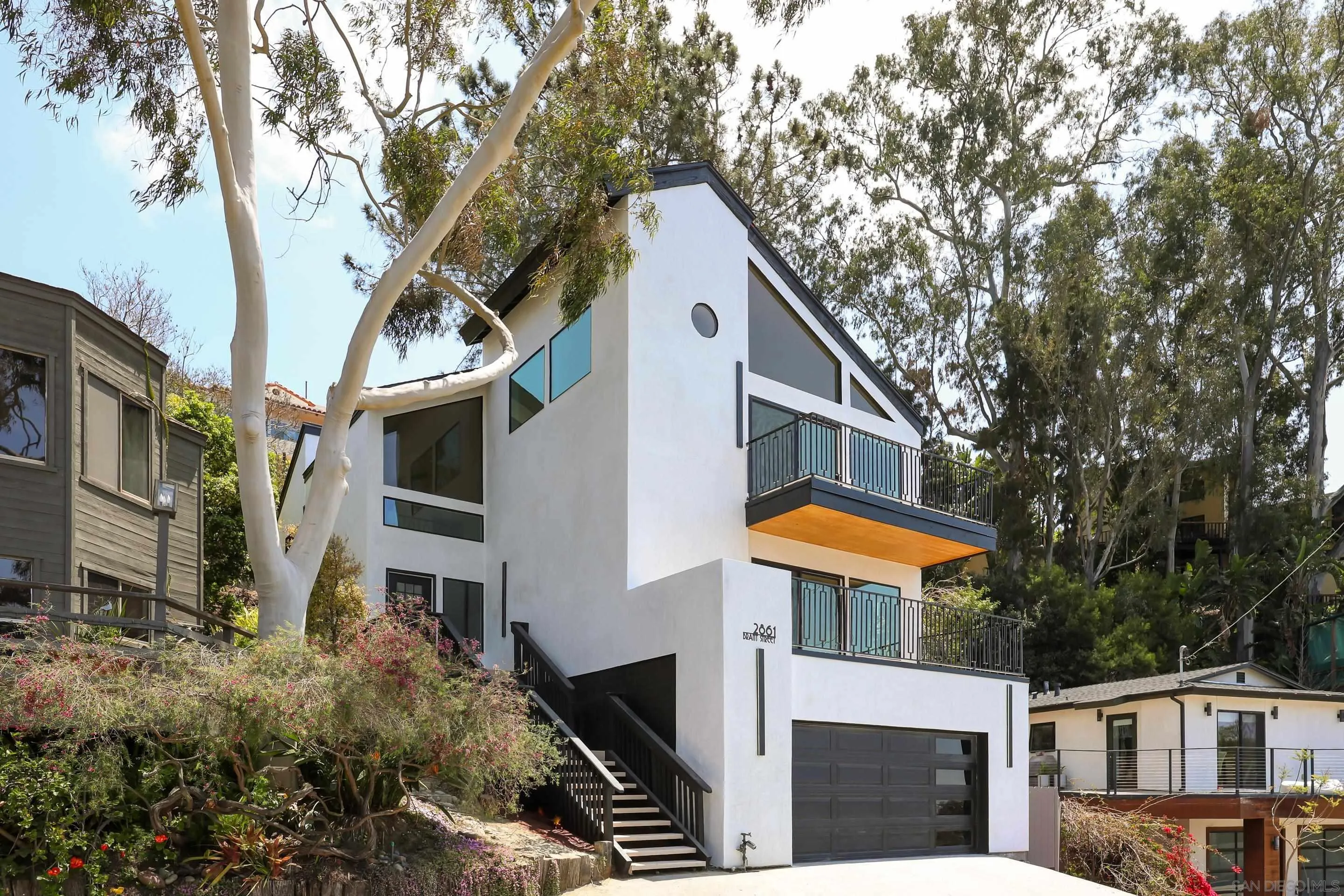How Do You Feel About Your 401K to Pay Your Loan?
 With hundreds of thousands of homeowners facing foreclosure, are there any financial tools available to distressed borrowers that haven’t been tried yet? And is there a way to help owners that won’t rack up huge federal expenditures and add to the deficit?
With hundreds of thousands of homeowners facing foreclosure, are there any financial tools available to distressed borrowers that haven’t been tried yet? And is there a way to help owners that won’t rack up huge federal expenditures and add to the deficit?
The Obama administration has been exploring options — including a new refinancing program expected this month — but a concept has surfaced on Capitol Hill that might offer modest help with no revenue cost to the government:
Amend the tax code to allow homeowners who have 401(k) retirement plans to pull out money to save their houses from foreclosure without the usual tax penalties.
The change would work like this: Under current rules, anyone making what’s known as a “hardship” early withdrawal of funds from their 401(k) must pay the IRS a 10% penalty on top of ordinary income taxes. A bill introduced Oct. 5 would waive the penalty if the purpose is to make loan payments to avoid loss of a primary home to foreclosure.
The bill would allow owners to pull out up to $50,000. The money could be used in a lump sum to pay down the delinquent mortgage balance. It could also be used as part of loan modification agreements with lenders designed to avert a foreclosure. No matter how the money is used to resolve the mortgage delinquency, it would need to be spent within 120 days of receipt and could not exceed 50% of the funds in the retirement account.
Owners would still be subject to income taxes on the amounts withdrawn.
Many 401(k) plans also allow “hardship” withdrawals. But these come with much stricter rules and fewer eligible uses, plus the tax penalties. The IRS Code limits hardship distributions to situations in which there is an immediate and urgent financial need and there are no other funds available to meet this need. On top of that, the rules require that taxpayers must opt first for a loan from the retirement plan before pursuing a hardship withdrawal.
Their bill would remove the 10% penalty and provide an emergency escape hatch for owners sliding fast toward foreclosure.
Putting aside the potential positives, are there downsides to making a hardship withdrawal from your 401(k), even penalty-free? You bet. It essentially makes you poorer to some extent. Although one day you may be able to recoup this money, the IRS will prohibit you from putting in any money for 6 months after.
Even if the HOME bill makes it through Congress, taking this route is a last resort. Weigh your options carefully.






